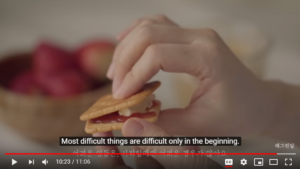Do you hear or do you listen? That is the question. Listening does not only mean we hear noise. It means that we also understand the message being conveyed to us. According to the International Listening Association (ILA), “Listening and listening-related abilities such as understanding, open-mindedness, and supportiveness constitute the single dimension upon which people make judgments about communication competence” (Wienmann, 1977). Listening is a vital component of how we communicate to others. It can save lives, build relationships, and also build competency.
Listening Saves Lives
Whether the life you are saving is your own or someone else’s, you have to listen. By this I mean you have to listen to your needs and of those around you. If you are contemplating on helping someone, you have to listen to their needs. In doing so, you will realize what they need. From here, you can deliver, make a difference, and save lives in a way. You can figure out what needs you can deliver when you listen to what your audience needs.
Listening Builds Relationships
How do you build relationships through listening? Simple. When you can communicate to your audience and you find out their needs and you deliver, you build a rapport with your target audience. In return, they will spread word about you and your business/project you are working on, etc.
Listening Builds Competency
Listening builds up your capacity to be more competent in many areas of life. If you can listen and learn what people have problems with, you can identify solutions to make their lives better. Being observant of your surroundings and listening to what’s around you can make you a more self-aware person. Listening is also an important leadership skill to master. A great leader is someone who can be in tune with their group’s needs and be able to provide the guidance needed to make sure everybody is taken care of.
Today, we live in a society where we predominantly hear what others have to say, when in fact, what we need to do is listen. Listening can save lives, build relationships, and build competency. Just hearing alone can’t do that. When dealing with people, when they state their needs, we do not hear them like a song is playing in the background. We must be present, listen, and figure out how we can serve others and help them. Listening is a great thing that can help us all.


